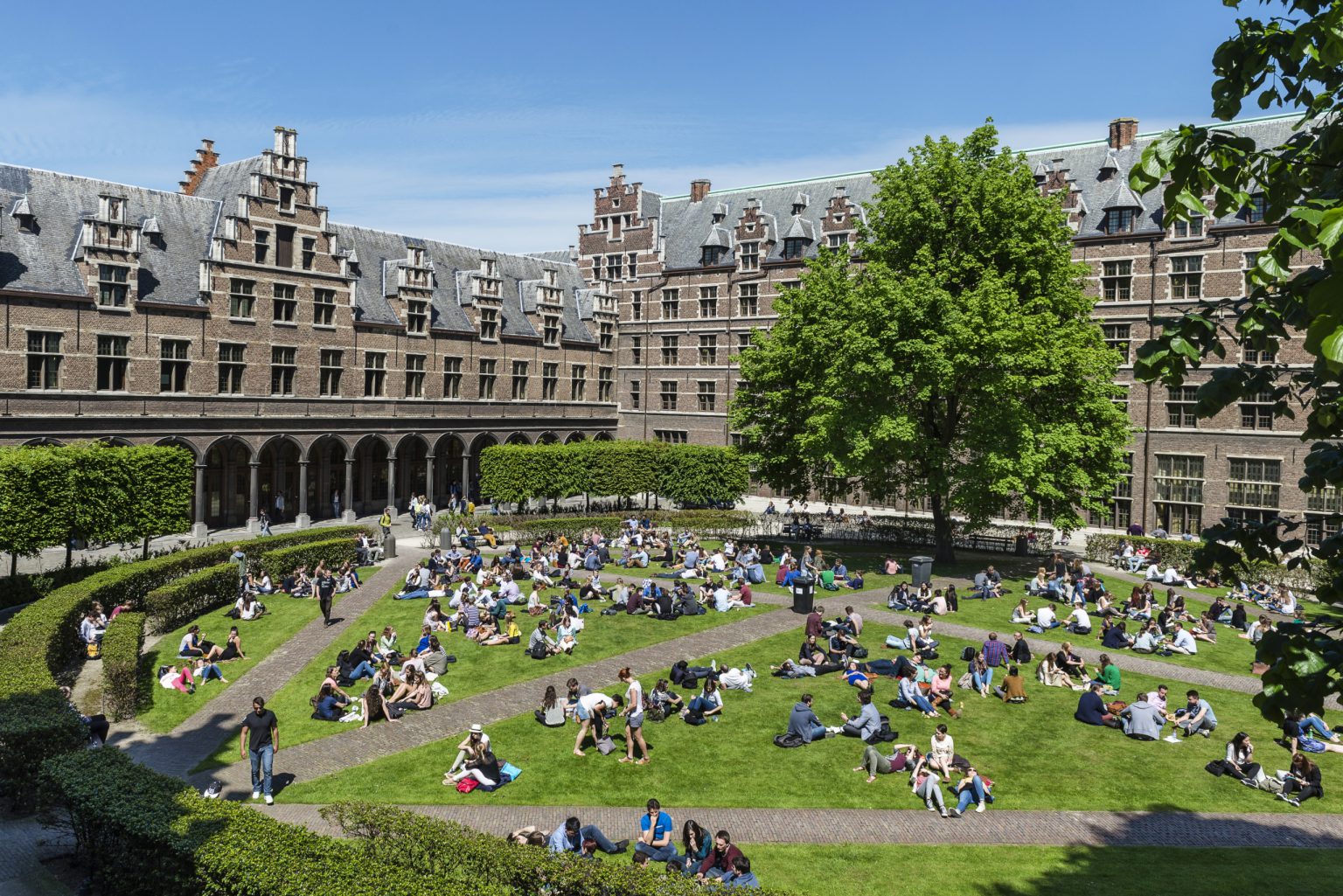Recently the Flemish government founded the Flemish Open Science Board or FOSB to structure and stimulate Flemish open science policies. The FOSB acts as a platform where all stakeholders can meet, discuss and draft policy advice for the Flemish government. In particular, the FOSB advises on an annual government allowance of 5 million euros, at first mainly dedicated to developing the necessary human and technical infrastructure to support research data management (RDM) for all Flemish researchers. Later on other aspects of open science will be addressed as well.
One of the main purposes of the FOSB is to ensure compliance with the European Open Science Cloud or EOSC, envisaged to be a key provider of state-of-the-art cloud solutions for data storage, management, analysis en re-use across disciplines. The FOSB will invest both in data stewards and in technical infrastructure to help our researchers find and use the best solutions for their research projects. National and international collaboration will be crucial in building an efficient as well as accessible ecosystem of services such as data sharing & storage, data curation, high-performance computing, metadating, archiving, etc. The so-called FOSB Knowledge Hub will bring together data stewards and specialist from all stakeholders to share knowledge and experience, and develop collective tools and training courses.
The direct origins of the FOSB go back to early 2018, when the UAntwerp took the initiative to draft a jointly published white paper on the RDM-needs of the Flemish universities, a.o. based on a survey taken among all research groups. In the past months, the UAntwerp has continued to take a leading role, drafting strategic and operational goals as well as budgetary proposals for the FOSB and its stakeholders. This high level of engagement is also shown in the FOSB Steering Group, where Vice rector Ronny Blust represents the UAntwerp, and the FOSB Working Groups, created to give experts from all stakeholders the opportunity to flesh out specific topics. Three working groups are currently operational: ‘Architecture & infrastructure’, ‘Metadata & standardisation’, and the more policy-oriented working group ‘RDM & OS’ chaired by Jord Hanus (UAntwerp).
The Flemish Open Science Board and its financial injection will provide strong impetus to the RDM and open science policies (and infrastructures) at UAntwerp. To increase collaboration, we recently took the initiative to form an internal working group consisting of all research data experts already active at our research groups and dean’s offices. This group will ensure rapid information exchange, i.e. on further FOSB or EOSC developments, share good practices, and provide invaluable input for our university’s policy and infrastructure development.
In conclusion, fuelled by the financial boon provided by the Flemish Open Science Board, the UAntwerp stands poised to significantly upgrade its RDM support infrastructure, strengthening collaboration and cooperation with other stakeholders in Flanders as well as international partners. The increased capacity will also allow to take a more prominent role within YERUN, more actively sharing experiences and expertise as well as tools and infrastructure.
Photo cover copyright: Universiteit Antwerpen










